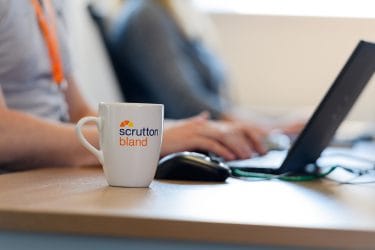IFRS 16 explained
IFRS 16 affects the way all companies who report under International Financial Reporting Standards declare the value of property and high value assets they have leased or rented. Common examples of this could be offices, factories, car parks, vehicles, machinery, computer equipment and other assets not owned by the business but leased on long-term contracts.
IFRS 16 differs from previous reporting standards for leases, as it uses a ‘right-of-use’ model. This means that if a company has control over, or right to use, an asset they are renting, it is classified as a lease for accounting purposes and must be recognised as that on both their balance sheet and profit and loss accounts.
Previously, leases for large financial liabilities were split into finance leases and operating leases. Operating leases were held off-balance sheet and were accounted for only on profit and loss accounts. IFRS 16 requires that most leased assets must be reported as an asset if the organisation has control over, or the right to use the asset in question.
The objective for IFRS 16 is that companies report information on all of their leased assets in a standardised way and there is more transparency regarding companies’ lease assets and liabilities.









